Crude Oil Asia: Powering the Region’s Economic Growth
Understanding Crude Oil in Asia
Crude oil plays a vital role in Asia’s energy sector, fueling industries, transportation, and economic development. As one of the largest consumers and producers of crude oil, Asia significantly influences global demand and supply dynamics. Countries like China, India, and Indonesia depend on crude oil to support their rapid industrialization and urbanization.
How Crude Oil is Processed
Crude oil must go through an extensive refining process before it becomes usable fuels such as gasoline, diesel, and jet fuel. The refining process consists of several crucial steps:
- Distillation: Crude oil is heated and separated into different fractions based on their boiling points.
- Cracking: Large hydrocarbon molecules are broken down into smaller, more useful molecules.
- Reforming: Enhances the quality of fuel by modifying molecular structures.
- Treatment: Removes impurities to improve fuel efficiency and environmental performance.
- Blending: Different refined components are mixed to meet regulatory fuel standards.
With state-of-the-art refining technologies, Asia ensures the efficient conversion of crude oil into high-quality energy products, which power various industries and transportation networks across the continent.
The Importance of Crude Oil in Asia
Energy Security and Stability
Asia’s growing energy demand necessitates a stable and reliable supply of crude oil. To reduce dependence on foreign imports, countries invest in domestic production and strategic petroleum reserves. Strengthening energy security helps maintain economic stability and prevent disruptions due to global market fluctuations.
Economic Growth and Job Creation
The crude oil industry is a significant economic driver in Asia, supporting millions of jobs in exploration, refining, and distribution. Countries with strong oil sectors benefit from substantial tax revenues, which fund infrastructure projects and public services. The presence of large refineries and oil trading hubs further enhances Asia’s position as a key player in the global oil market.
Industrial and Transportation Support
Asia’s manufacturing sector, aviation industry, and extensive transportation networks rely heavily on refined crude oil products. From powering automobiles and ships to running industrial plants, crude oil remains a crucial component of economic operations.
Challenges and Future Prospects of Crude Oil in Asia
Environmental Concerns and Sustainability
With increasing global emphasis on reducing carbon emissions, Asian nations are investing in cleaner energy alternatives. However, crude oil continues to be a dominant energy source. To balance economic growth with sustainability, the region is focusing on:
- Advanced refining technology to produce cleaner fuels.
- Carbon capture and storage to reduce emissions.
- Exploring renewable alternatives such as biofuels and hydrogen energy.
Geopolitical Factors
Asia’s crude oil industry is influenced by geopolitical tensions, trade policies, and international sanctions. Countries must navigate these challenges while ensuring a stable oil supply for their growing economies.
Why Choose KZ TransPetroleum for Your Crude Oil Needs?
As a leader in the crude oil market, KZ TransPetroleum offers:
- A reliable supply chain ensuring uninterrupted crude oil deliveries.
- Advanced refining technology for high-quality fuel products.
- Competitive pricing and efficient logistics to support business needs.
By prioritizing sustainability, efficiency, and customer satisfaction, KZ TransPetroleum continues to be a trusted partner in Asia’s energy sector.
Conclusion
Crude oil is the backbone of Asia’s economic and industrial development. As the region embraces energy innovations and cleaner alternatives, the crude oil industry remains essential. For reliable crude oil solutions and advanced refining capabilities, KZ TransPetroleum Refinery is your go-to provider.
Outbound Links:
- International Energy Agency – Oil Market
- Asian Development Bank – Energy Sector
- U.S. Energy Information Administration – Asia’s Oil Industry
- World Bank – Asia’s Energy Policies
- Environmental Protection Agency – Oil Industry Regulations
- National Renewable Energy Laboratory – Sustainable Fuels
Inbound Link: KZ TransPetroleum Refinery
